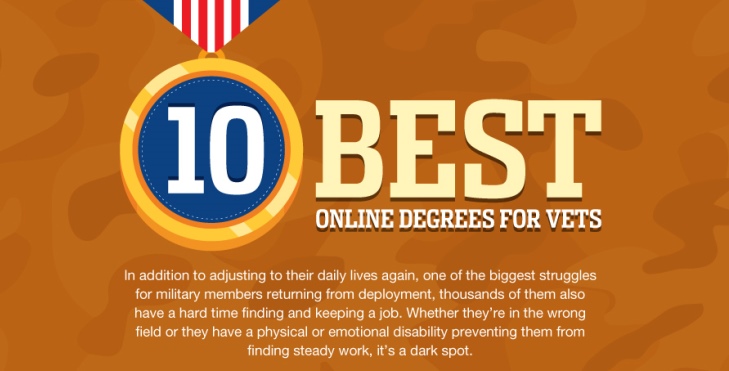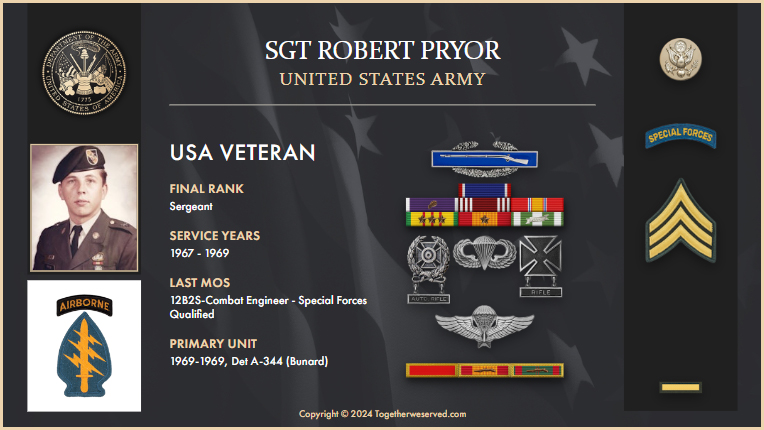“My family loved to camp! We used to camp all the time,” I bragged to a friend in front of my dad. Having recently retired from the Army as a Lieutenant Colonel, my dad laughed and gently corrected me, “Actually, we lived in a tent one summer when there wasn’t housing available on the base.” Ah, the glorious life of a military family.
There are many circumstances that require flexibility and ingenuity when it comes to being a military family. We kept our house tidy and “inspection ready”. We anticipated a move every three years to a destination unknown. My parents were masters at agility … in almost every area of our lives.
The one area they would not compromise on was seeing their children get a college degree. My dad valued education so much that he took a second job teaching night school at a local college while still serving in the Army. When retiring from the military, he applied his military communications experience to a number of universities including Harvard, Cal State and most recently MIT. In this role there, he’s able to facilitate online and distance learning for anyone wanting to further their education.
Many military Veterans returning home don’t have a degree yet, but do have invaluable experience from their time served. How can a Veteran apply what they already learned toward a degree, to gain a meaningful career for life after military service?
Research from experts at http://www.onlinecollegeplan.com/vets/ shows that Veterans may be uniquely qualified for a variety of degree types. For example, if they have maintained vehicles and aircraft, established power generation, or have analyzed structures, a degree in mechanical engineering may be a good fit. If, during their service, a soldier was responsible for monitoring spending, preparing a budget or analyzing financial records, a degree in accounting or finance may be a good route.
Funding, through grants, the Post 9/11 GI Bill or other programs may also be available, making a degree even more affordable for military veterans. Veterans should check into their education benefits to determine if they qualify for scholarships, benefits or loan programs to help ease the financial burden.
Taking advantage of online degrees may also offer flexibility and additional cost savings. In addition, some deployment assignments may offer the option of attending school while still under service duty. With so many degree options available, Military veterans have the opportunity to put their training to good use towards a bright future.

Topics in this story
More Stories
Summer can be a joyful time of year, but some outdoor activities can be hard for some Veterans. In this guest post, former VA Secretary Bob McDonald shares resources and plans to navigate summer activities.
"A CAPITOL FOURTH" airs on PBS Thursday, July 4, 2024 from 8:00 to 9:30 p.m. E.T.
The following is an account from Army Veteran Robert Pryor on how he was able to find and reconnect with the pilot who saved his life in Vietnam.







Great post on affordability of online college, it should also be pointed out that federal and state funding
for brick and mortar colleges could pay for healthcare in our country { USA }. Money spent on maintenance of building and grounds could lift world hunger 10 times over.